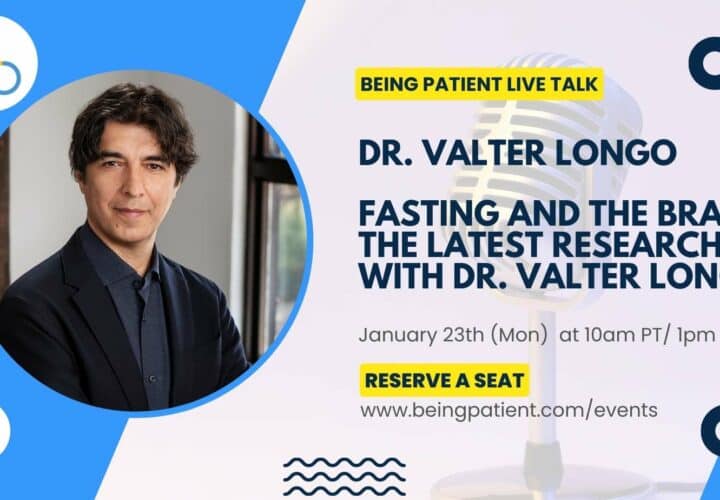A study from Japan found that not only does fasting appear to speed up metabolism, it may also reverse the aging process.
Fasting to stop yourself from aging might sound a bit new agey, but the concept is getting some serious backing in scientific studies. A study from Japan found that not only does fasting appear to speed up metabolism, it may also reverse the aging process.
Researchers from the Okinawa Institute of Science and Technology Graduate University (OIST) and Kyoto University studied what exactly happens when the body goes without food. Though their study was very small, with just four subjects, the results were interesting: They found 44 substances that increase in the body during fasting, and many of them are connected to health benefits.
The subjects fasted for 34 and 58 hours. The substances they measured are known as metabolites, the molecules that grant organisms energy and allow them to grow, according to the researchers. The 44 they found, 30 of which were previously unidentified, increased between 1.5 to 60-fold over the total fasting period.
Three of the metabolites—leucine, isoleucine, and ophthalmic acid—have been shown to decrease as a person ages. In those who fasted, they increased, suggesting fasting might increase molecules that help people live longer.
“These are very important metabolites for maintenance of muscle and antioxidant activity, respectively,” said Dr. Takayuki Teruya, first author of the paper and a technician in the OIST G0 Cell Unit led by Professor Mitsuhiro Yanagida. “This result suggests the possibility of a rejuvenating effect by fasting, which was not known until now.”
The human body usually relies on carbohydrates, which it converts into glucose, for quick energy. But when it’s thrown into a starvation state, it starts to look for alternative energy sources—and leaves certain elements in its wake. Some of those, like purine and pyrimidine, boost antioxidants in the body—which scientists found evidence of in the four fasting individuals. Antioxidants protect the body from free radicals produced in the process of converting food to energy. Fasting, hypothesized the researchers, could boost those elements in older people.
“Recent aging studies have shown that caloric restriction and fasting have a prolonging effect on lifespan in model animals … but the detailed mechanism has remained a mystery,” said Teruya. “It might be possible to verify the anti-aging effect from various viewpoints by developing exercise programs or drugs capable of causing the metabolic reaction similar to fasting.”
Fasting seems to do good things for metabolism and even for longevity, but is it good for our brains, which run on glucose? Valter Longo, the creator of the fasting mimicking diet and the director of USC’s Longevity Institute, told Being Patient that experts in the field are starting to see fasting as a “true reset.”
“First of all, it forces the brain to move away from using sugar as an energy source and start using the byproducts of fat,” said Longo. “It activates these genes and pathways that have probably been turned off for the majority of someone’s life. And the brain starts relying 50-50 on ketone bodies and glucose.”
During that process, said Longo, autophagy occurs—a natural way our bodies clean up junk on the cellular level, clearing out damaged cells.
While fasting can do a lot of good in the body, it’s in the refueling process after fasting that many of the benefits show up.
“Fasting can be viewed as a good and bad thing,” said Longo. “It gets rid of junk, but it also gets rid of a lot of components. The refeeding has the job of rebuilding. You put it back together in a way that is more functional.”
Since the study was small, researchers hope to continue to study the effects of fasting on a larger group of people to determine the benefits.
“People are interested in whether human beings can enjoy the effects of prevention of metabolic diseases and prolonging life span by fasting or caloric restriction, as with model animals,” said Teruya. “Understanding the metabolic changes caused by fasting is expected to give us wisdom for maintaining health.”





